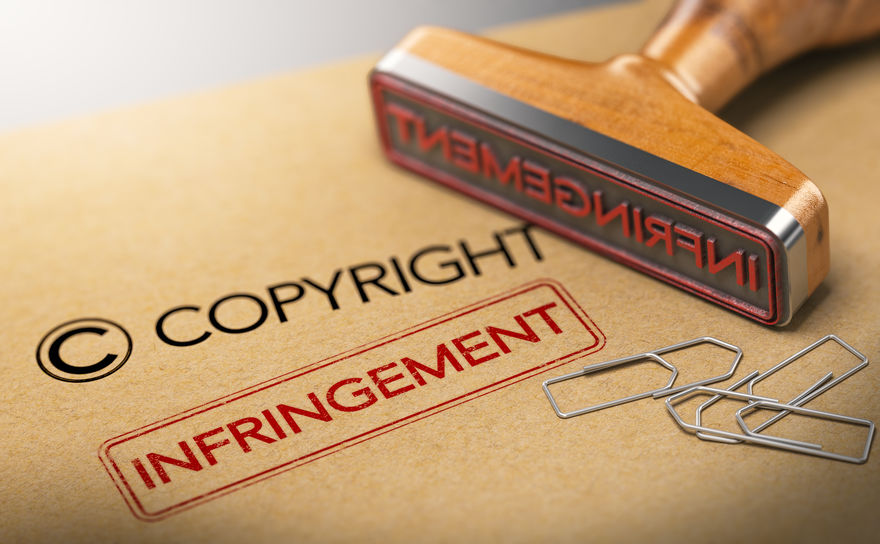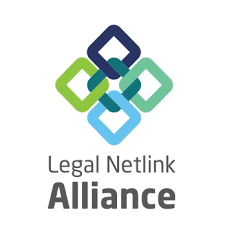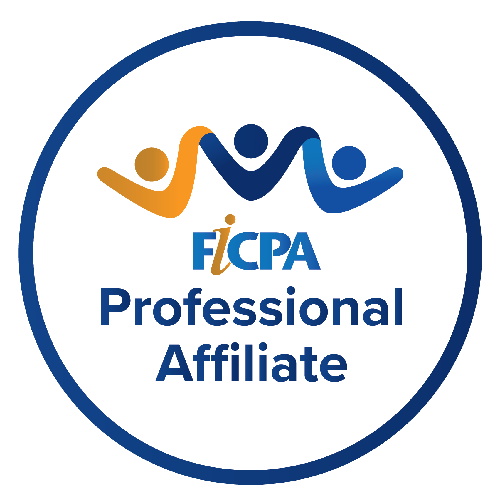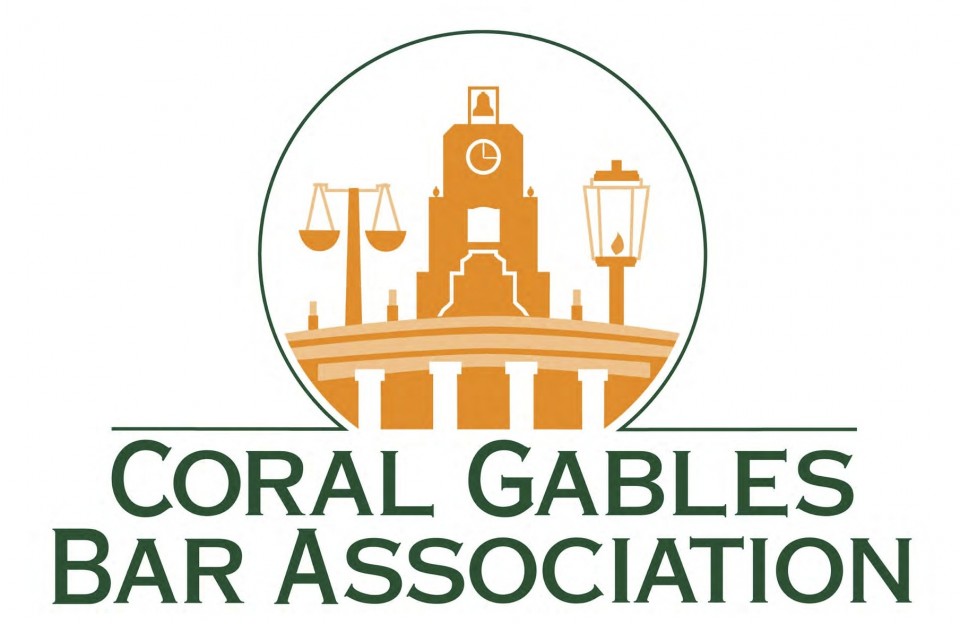What Are Common Law Copyright Protections?
Common law copyright protections have historically provided judicial recognition to creators of artistic and scientific works. “Lasting as long as the work is not disclosed to the general public without statutory copyright, common-law rights enable an author, without forfeiture to circulate copies privately among his friends for their enjoyment or among publishers for their criticism, to license a reproduction for restricted distribution, to enjoin an unauthorized publication of whatever sort, and to sell or assign his rights imposing such conditions as he sees fit.” Necessity of Intent for Infringement of Common Law Copyright, 54 Yale L. J. 697 (1945).
Damage awards for copyright infringement were originally common law remedies. The federal Copyright Act has preempted common law copyrights protections. Today, the United States has primarily trademark common law protections.
What Are Remedies for Copyright Infringements in Federal Law?
According to the federal Copyright Act, remedies for infringement are limited to injunctions, destruction of infringing articles, recovery of the copyright owner’s actual damages and any additional profits of the infringer or statutory damages, and costs and attorney’s fees. 17 U.S.C.A. §§ 502–505.
Statutory damages and actual damages are distinct under the Copyright Act; statutory damages compensate for harm caused that is different from the actual losses of the owner of the copyright. There is a split between federal Circuit courts regarding the issue of whether a cumulative award of statutory damages and the award of the infringer’s profits is allowable or not. For example, the Second and Seventh Circuits have held such an award to be allowable, whereas the First Circuit has held it to be not allowable.
What are Considered Actual Damages Under the Copyright Act in Florida?
According to 17 U.S.C.A. § 504, “The copyright owner is entitled to recover the actual damages suffered by him or her as a result of the infringement, and any profits of the infringer that are attributable to the infringement and are not taken into account in computing the actual damages.” To establish the infringer’s profits, the copyright owner has to prove the infringer’s gross revenue from the infringement, and the infringer has to prove the expenses that he suffered.
What Are Remedies for Copyright Infringements in State Law?
State law causes of action that fall within the scope of the Federal Copyright Act are subject to preemption. In order to determine whether a particular claim is subject to such preemption, courts typically apply a two-prong test: (1) the work must be within the scope of the subject matter of copyright, and (2) the rights granted under state law must be equivalent to any exclusive rights within the scope of federal copyright. 17 U.S.C.A. §§ 102.
The Eleventh Circuit Court, governing Florida, has used the same two-prong test.
“In cases where a complaint raises only state law causes of action, but the language of federal copyright law demonstrates clear congressional intent to preempt those particular state law claims, the claims may be treated as copyright claims for subject matter jurisdiction purposes; this is known as the “complete preemption” exception to the well-pleaded complaint rule.” 17 U.S.C.A. § 301(a). A Business Lawyer can help provide you a strong understanding of these remedies for Copyright Infringement.







